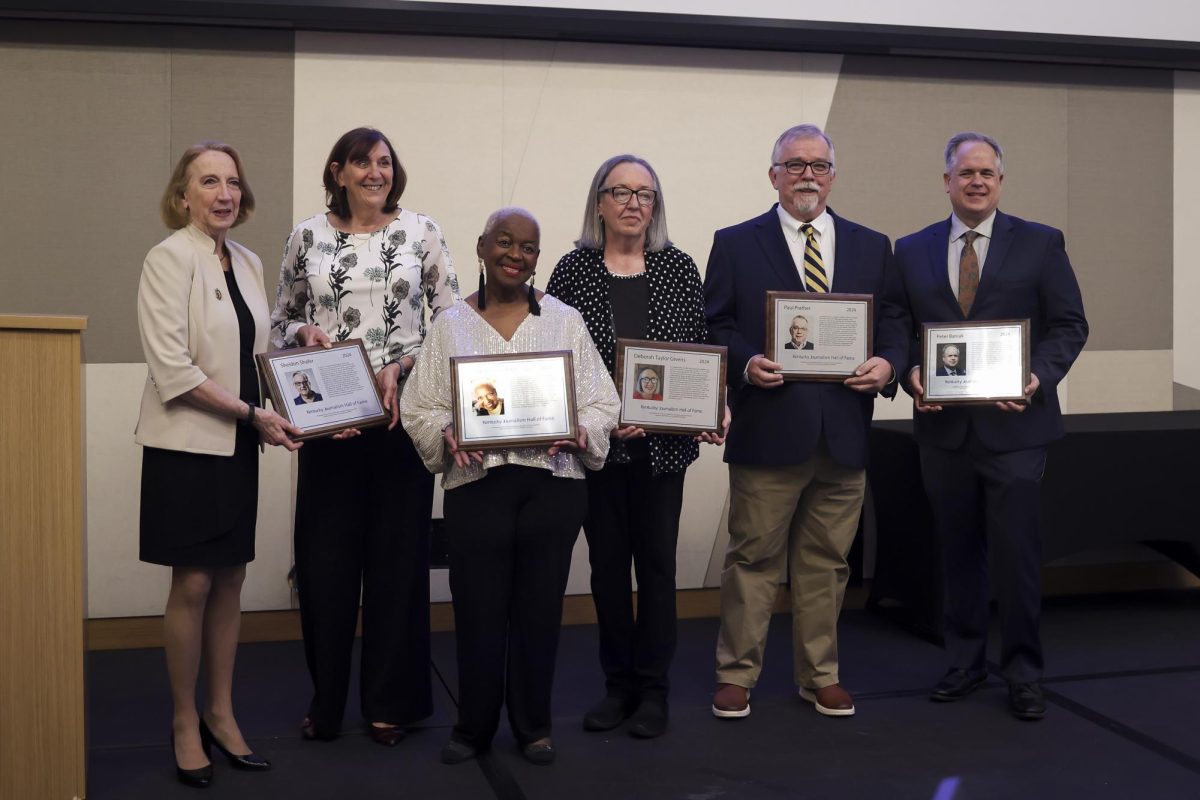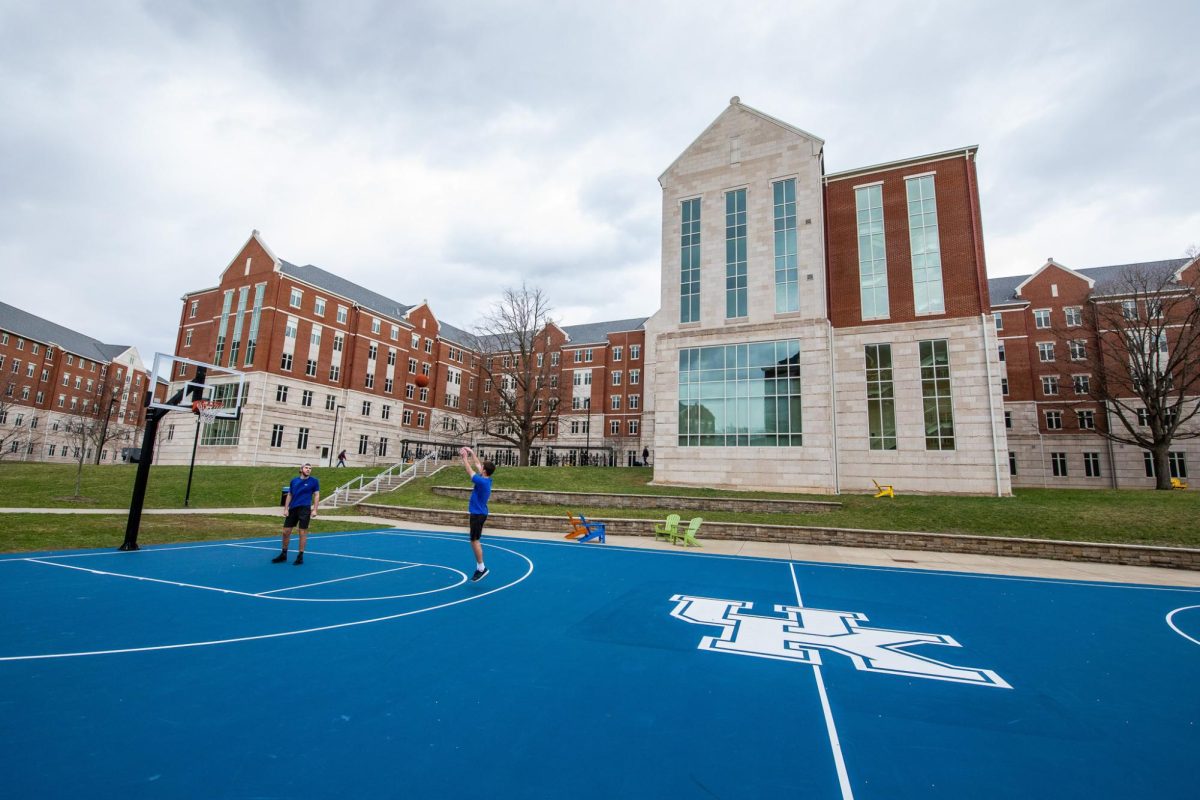Internet has the possibility of cutting out lecture-based classes altogether
March 31, 2009
There are few things I find more annoying than people rambling on about how amazing the Internet is. It’s turned into a cliché conversation topic that people use to impress their buddies about how much they know. I cringe every time when I hear someone say, “Well, with technology today…â€
The sad part is, though, more often than not, I am that person.
And this column does just that.
The other day I stumbled across a Web site called Academic Earth (www.academicearth.org). This site aggregates free audio and video lectures at top universities on just about any subject you can think of, and then makes them available to stream or download online.
Wish you could learn about economics and the current financial mess from the brightest minds at Yale? Well, you can. And it won’t cost you a penny.
This is pretty remarkable, although no surprise in today’s high-tech age. But as much as I want to be impressed with Web sites like Academic Earth, all I can think is, “Why am I still attending purely lecture-based classes?â€
Take any freshman or sophomore walking down Rose Street and chances are they are taking at least one large lecture with more than 100 kids attending. These classes probably have very little “class participation†required, and when professors do try and engage the large audience, it feels awkward and forced.
Why do these classes even exist anymore?
It’s clear these days that technology makes streaming something like live lectures a real possibility, so why are we still making kids walk through the rain to sit in a large lecture hall, taking notes on a “desk†that’s smaller than a regular-sized notebook?
This isn’t a shot to UK at all. In fact, UK is doing a better job everyday at utilizing technology in the classroom with its Distance Learning Program and last year’s unveiling of its Second Life project.
But let’s be honest: Higher education — an institution run by board members and a pre-Internet generation — is not the beacon of technology innovation.
It takes anywhere from 30-45 minutes for me to get from my house to my first class. How many times have I made that trip through pouring rain, only to be greeted by another lecture where attendance, although required, added nothing to the content of the class?
If we took video recordings of lectures and made them available to stream online, along with a live chat system moderated by the professor, there’d be no need for students to make the trek across town or campus to attend class. All without losing the substantive content of the lectures.
Considering that many of the students taking large attendance classes in lecture halls are also the kids parking in K lot and walking 15 minutes to their class, don’t you think it would be a good idea to take advantage of an innovative way to cut down on that hassle?
Even more, why don’t we quit with all this talk about sustainability initiatives at UK and actually put them into practice? What do you think an Internet-commute to class will do to reducing carbon emissions?
The point here is that using technological advances to enhance education isn’t something that might be cool or interesting to do. There are serious benefits to breaking down some of the barriers in place in higher education right now and creating an innovative educational experience at UK.
UK has definitely made a strong push forward in recent years to doing just that — but there’s still so much more we can do.
Brett Nolan is a philosophy and political science senior.



























































































































































